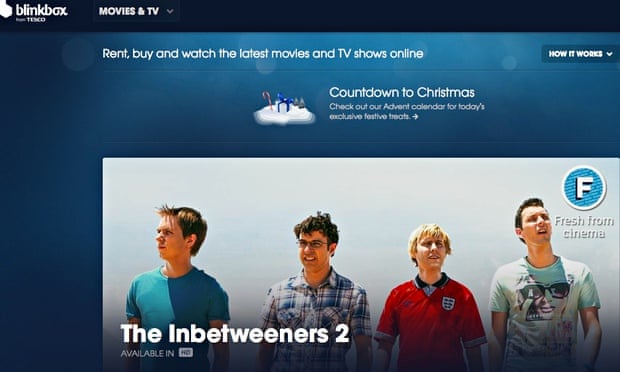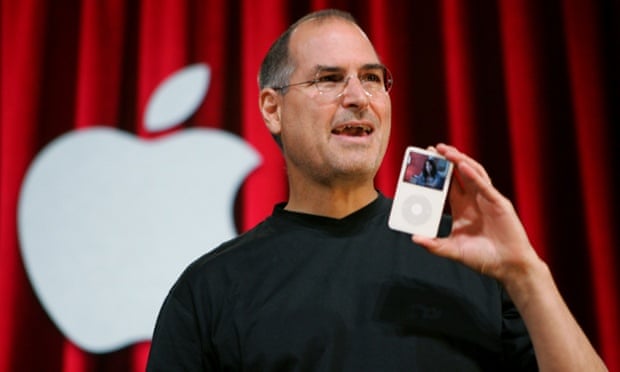A Marxist perspective would argue that the so-called “information revolution” has done little to benefit audiences or to subvert the established power structures in society. Far from being a “great leveller” (Krotoski, 2012) as many have claimed, it has merely helped to reinforce the status quo by promoting dominant ideologies. The most popular news website in the UK by a considerable margin is the ‘Mail Online’, which receives more than 8 million hits every month and is continuing to expand rapidly – with forecasts that it will make £100 million or more in digital revenues in the next three years. Similar to its tabloid print edition, the website takes a Conservative, right-wing perspective on key issues around gender, sexuality and race and audiences appear to passively accept what the Marxist theorist, Gramsci, called a hegemonic view. When one of their chief columnists, Jan Moir, wrote a homophobic article about the death of Stephen Gately in 2009 there were Twitter and Facebook protests but, ultimately, they did not change the editorial direction of the gatekeepers controlling the newspaper.
The developments of new digital media have empowered the audience and this is from a pluralistic prospective. pluralistic perspective states that audiences have become much more powerful that they are able to “conform, accommodate or reject” (Gurevitch) Audiences can believe read whatever they want as it entirely their choice and they don't get forced into choosing what they read or believe. However Audiences have been more empowered with the developments of new digital media as the Scottish referendum shows that audience have a more of choice then before as the whole poll was down to the people of the country not the opinion leaders and this shows audience have been empowered with developments of new digital media as this couldn't not have happened without Twitter.
Google's dominance enforces the Marxist prospective. Google account to the most users on the web and have the most advertising revenue and they can promote their dominate ideologies and promote what they want the audience to see. They can section the news and the top results result to their dominate ideologies therefore consumers believe and read the top results provided by Google. (Lin and Webster) Top 5 per cent of all websites accounted for almost 75 per cent of audience which shows that good are the giant and as they have the most audience people believe their dominate ideologies consumers may not see this.
User generated content has empowered audiences as the audience have more of say and can contribute to the news more often than before this is because of the developments in new digital media because they can post their work through social media and industries such as BBC can use these. This has lead consumers to have their own society online as they can share or watch whatever they want online and this couldn't have been done before and whatever goes online isn't controlled by gatekeepers so there isn't a limit or cap on what you can read or see online. "the internet has given audience more power the world is changing and newspapers have to adapt" (Rupert Murdoch) this shows the power maybe shifting infavour to the audience as they may know have a bigger say then before.
Web pages and Blogs are like million monkeys typing monkeys (Andrew keen) This goes in favour of a Marxist prospective. However the meaning of this quote may be in a pluralistic favour millions means more than one, but the quote connotes whatever they say is nonsense and people still rely on big institutions for their main views and news. Pareto states that the majority is controlled by the minority and audience believe their dominate ideologies not somebody randoms on social networks which shows the power these institutions still hold.
The developments of new digital media have empowered the audience and this is from a pluralistic prospective. pluralistic perspective states that audiences have become much more powerful that they are able to “conform, accommodate or reject” (Gurevitch) Audiences can believe read whatever they want as it entirely their choice and they don't get forced into choosing what they read or believe. However Audiences have been more empowered with the developments of new digital media as the Scottish referendum shows that audience have a more of choice then before as the whole poll was down to the people of the country not the opinion leaders and this shows audience have been empowered with developments of new digital media as this couldn't not have happened without Twitter.
Google's dominance enforces the Marxist prospective. Google account to the most users on the web and have the most advertising revenue and they can promote their dominate ideologies and promote what they want the audience to see. They can section the news and the top results result to their dominate ideologies therefore consumers believe and read the top results provided by Google. (Lin and Webster) Top 5 per cent of all websites accounted for almost 75 per cent of audience which shows that good are the giant and as they have the most audience people believe their dominate ideologies consumers may not see this.
User generated content has empowered audiences as the audience have more of say and can contribute to the news more often than before this is because of the developments in new digital media because they can post their work through social media and industries such as BBC can use these. This has lead consumers to have their own society online as they can share or watch whatever they want online and this couldn't have been done before and whatever goes online isn't controlled by gatekeepers so there isn't a limit or cap on what you can read or see online. "the internet has given audience more power the world is changing and newspapers have to adapt" (Rupert Murdoch) this shows the power maybe shifting infavour to the audience as they may know have a bigger say then before.
Web pages and Blogs are like million monkeys typing monkeys (Andrew keen) This goes in favour of a Marxist prospective. However the meaning of this quote may be in a pluralistic favour millions means more than one, but the quote connotes whatever they say is nonsense and people still rely on big institutions for their main views and news. Pareto states that the majority is controlled by the minority and audience believe their dominate ideologies not somebody randoms on social networks which shows the power these institutions still hold.
However I believe that the audience have been slightly empowered by the developments of new digital media but the big institutions do have the final and big say. Lin and Webster state the small minority have the majority of mass audience therefore this shows that audience have the final say and consumers believe their dominate ideologies.


